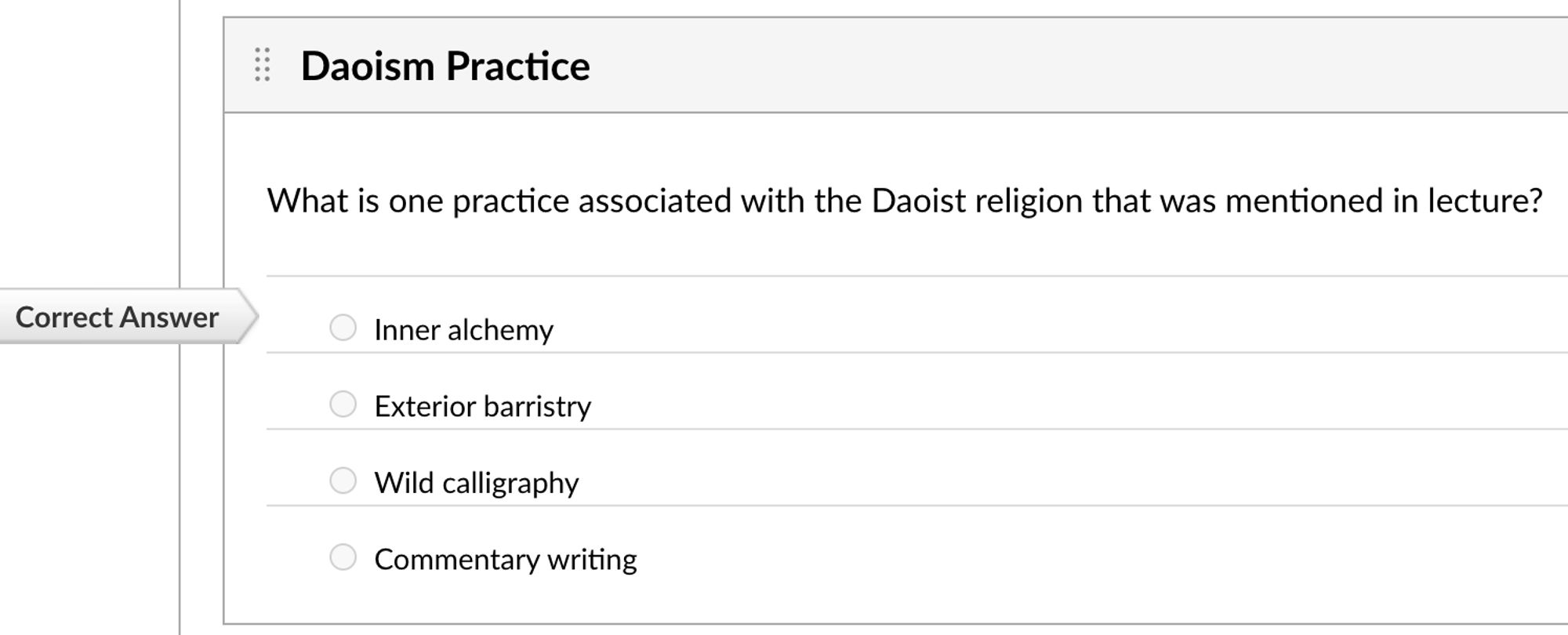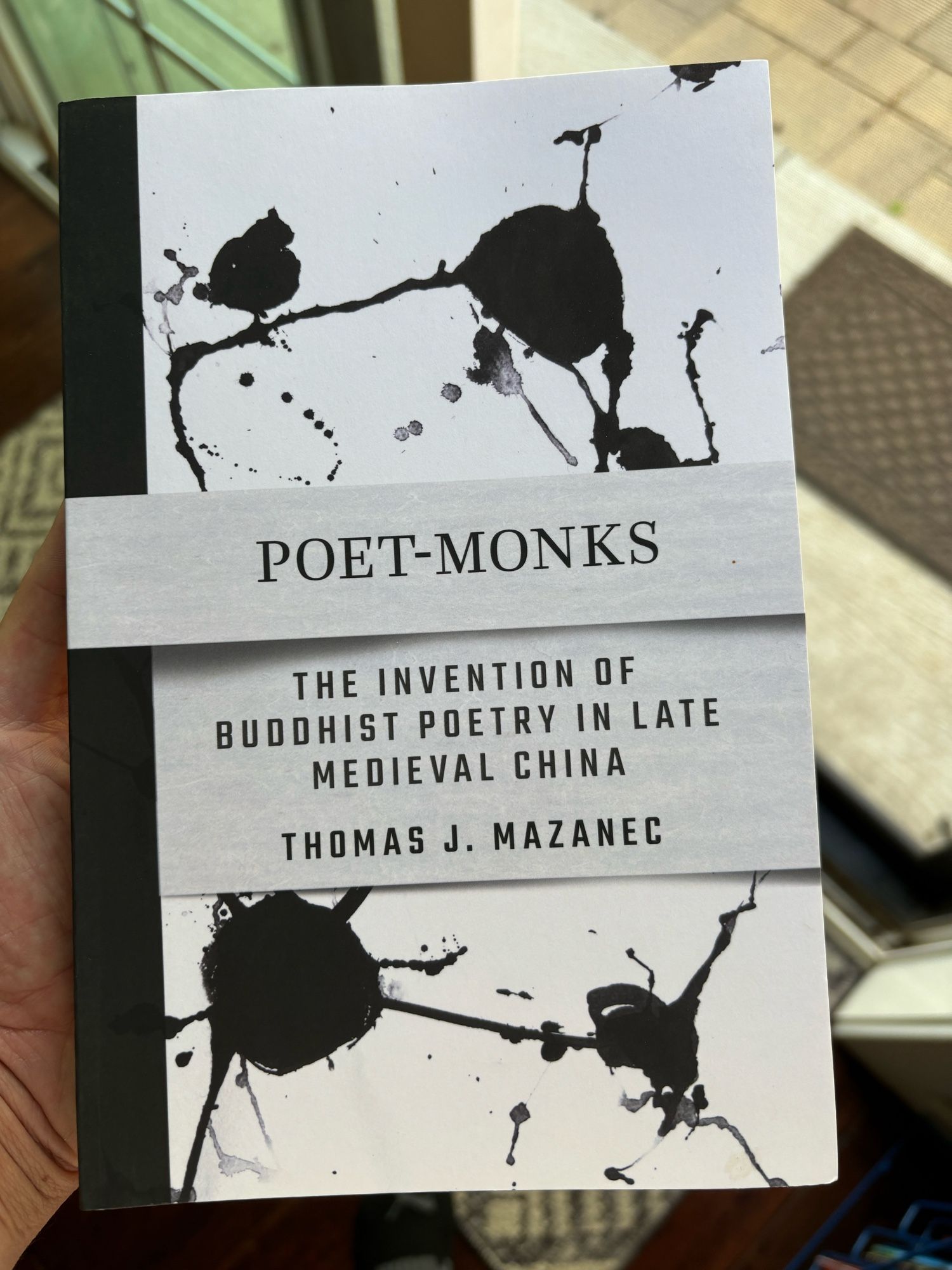Latest in my collection of bizarre translations of Classical Chinese poetry. Joshua Ip’s “Translations to the Tanglish.” Opens with 10 pages of insulting blurbs, compares translation to turducken (“a crime against the natural order”), then offers “translations” with just a vague tie to the sources.
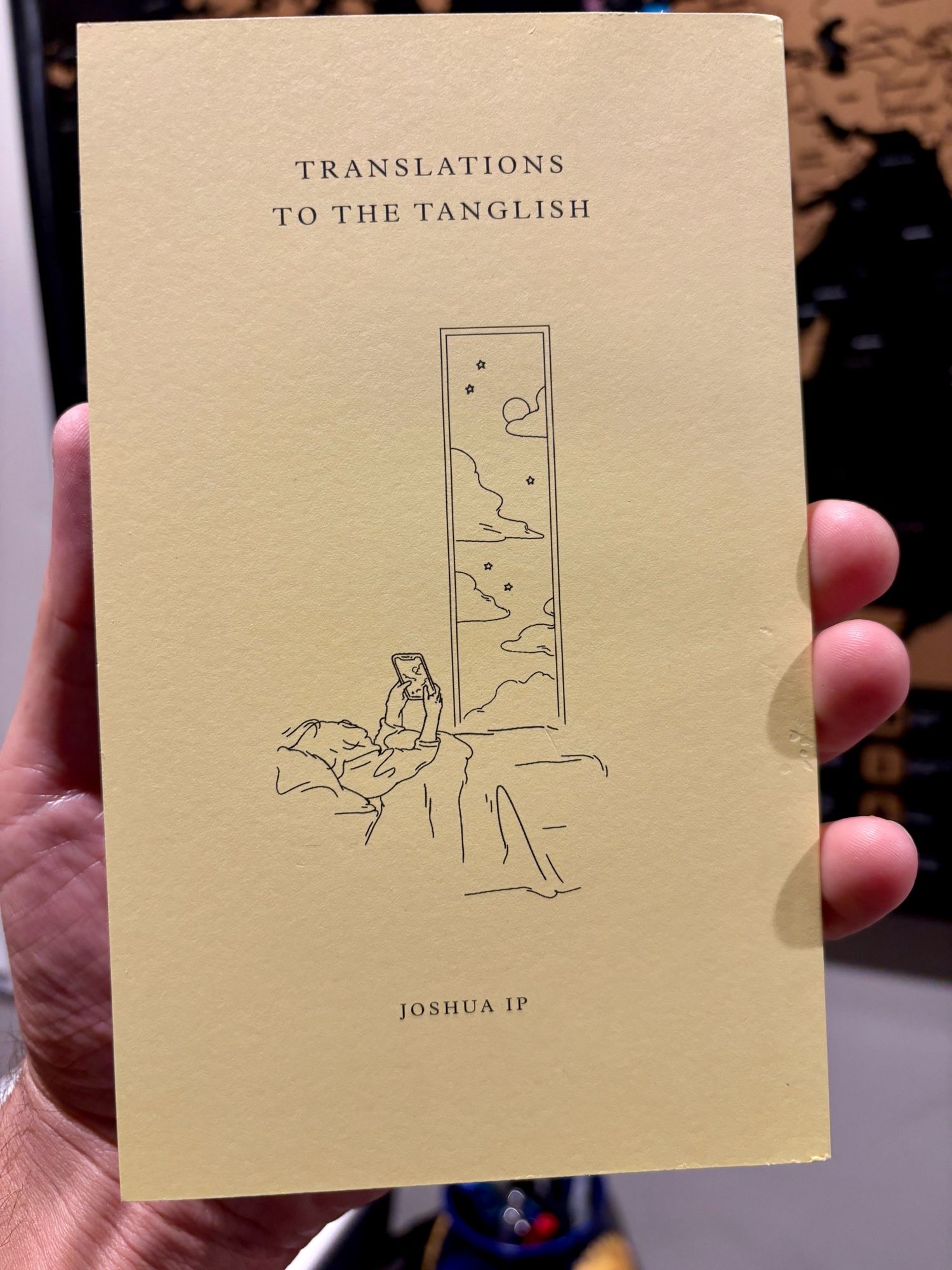
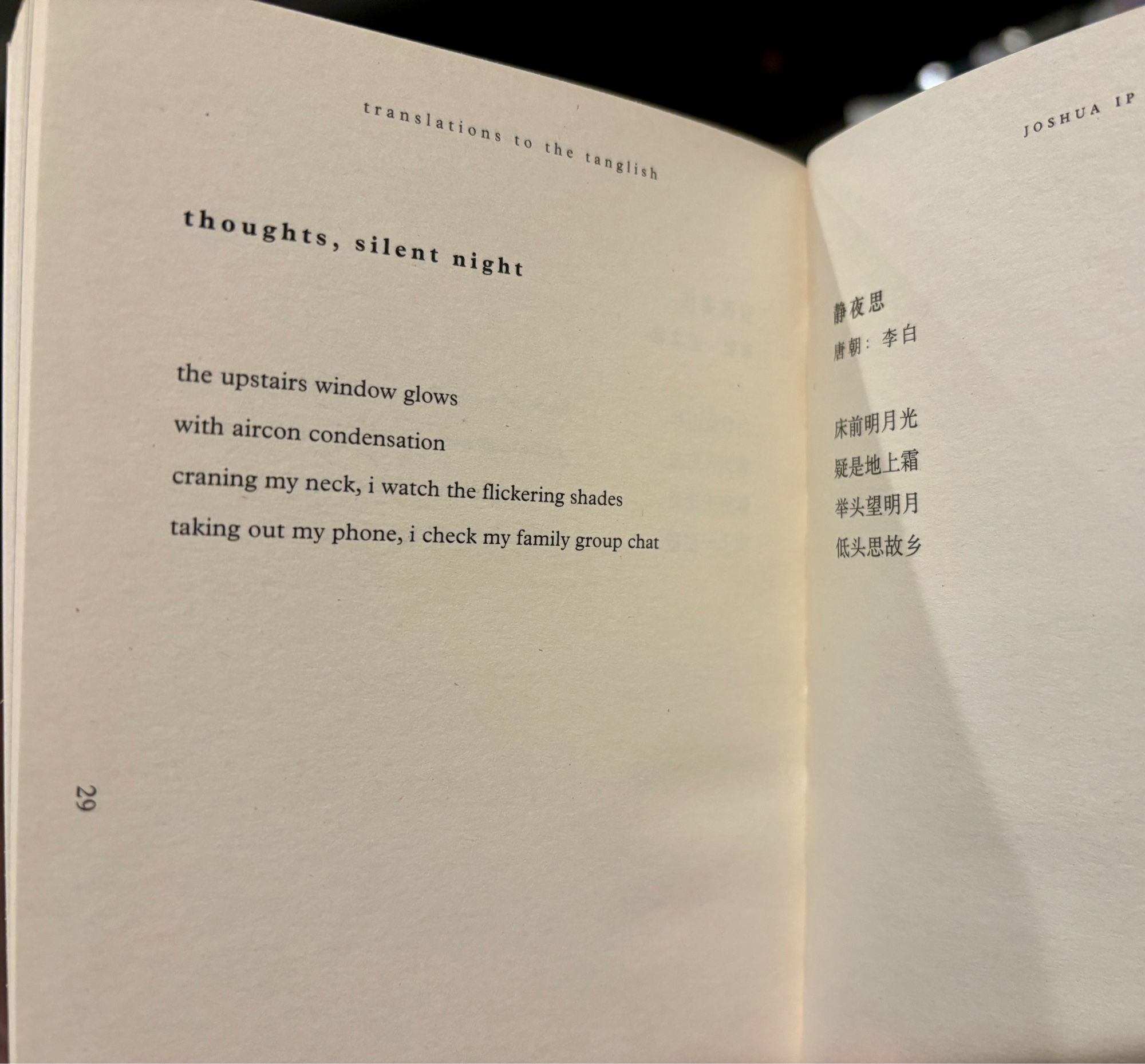
Creating a "Guide for Academic Honesty" for my big lecture class after talking with the TAs. Here's a few paragraphs of the part where I explain why it's important. Will it help? Or will the only students to read it be the ones who already would have been honest?
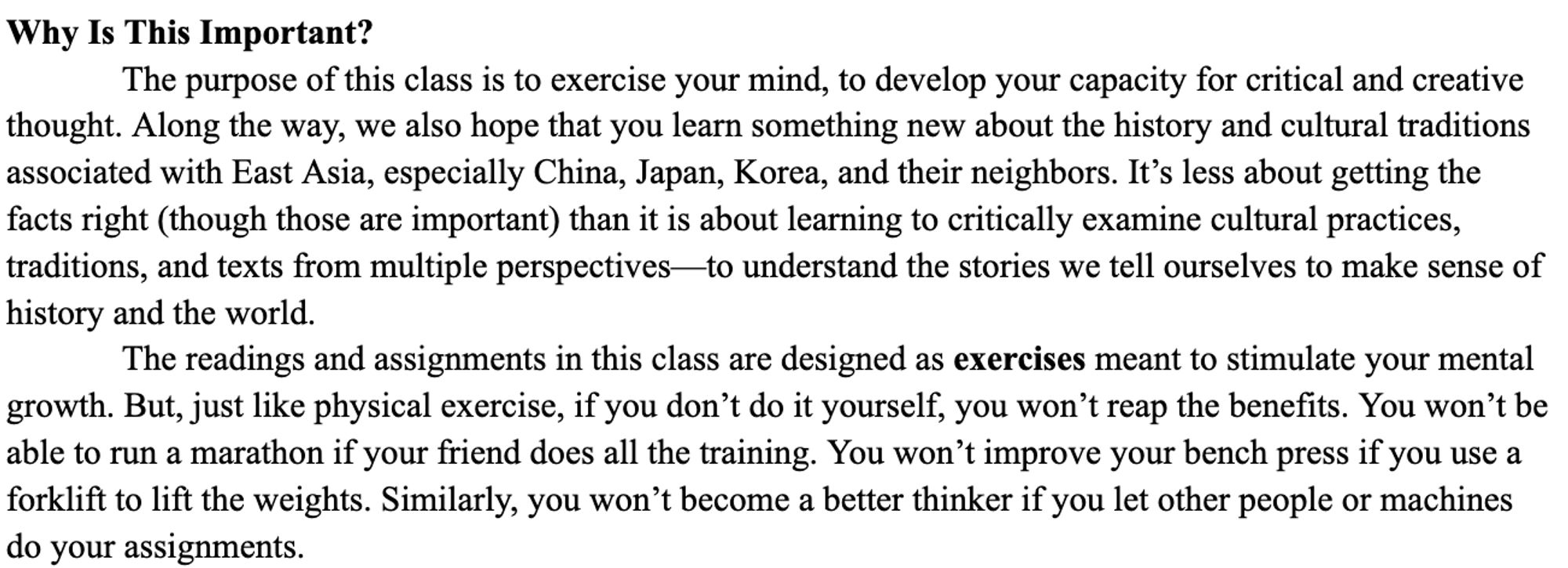
Creating a "Guide for Academic Honesty" for my big lecture class after talking with the TAs. Here's a few paragraphs of the part where I explain why it's important. Will it help? Or will the only students to read it be the ones who already would have been honest?

Gearing up to start teaching Classical Chinese from a new textbook. The introduction's opening line is the best.
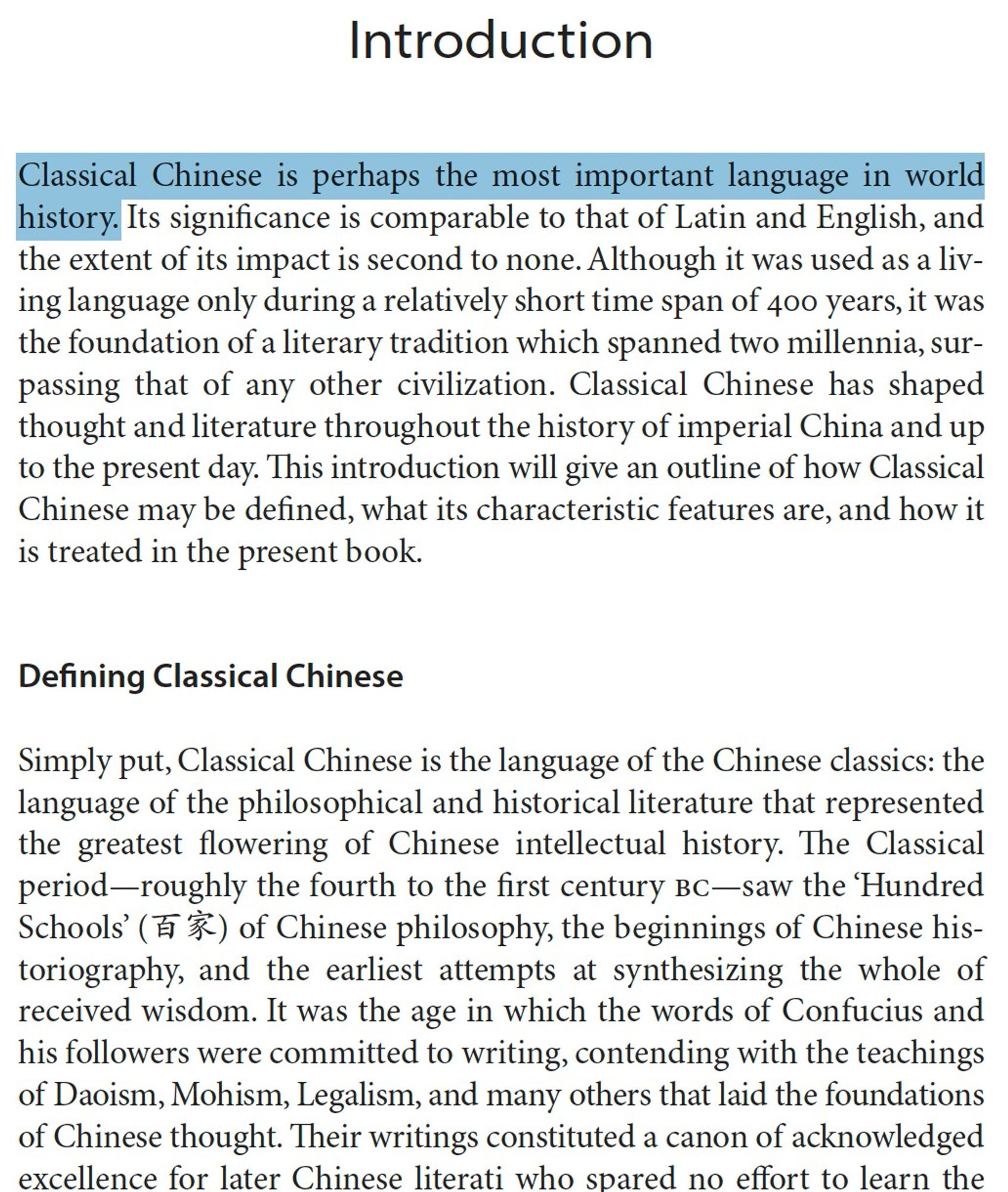
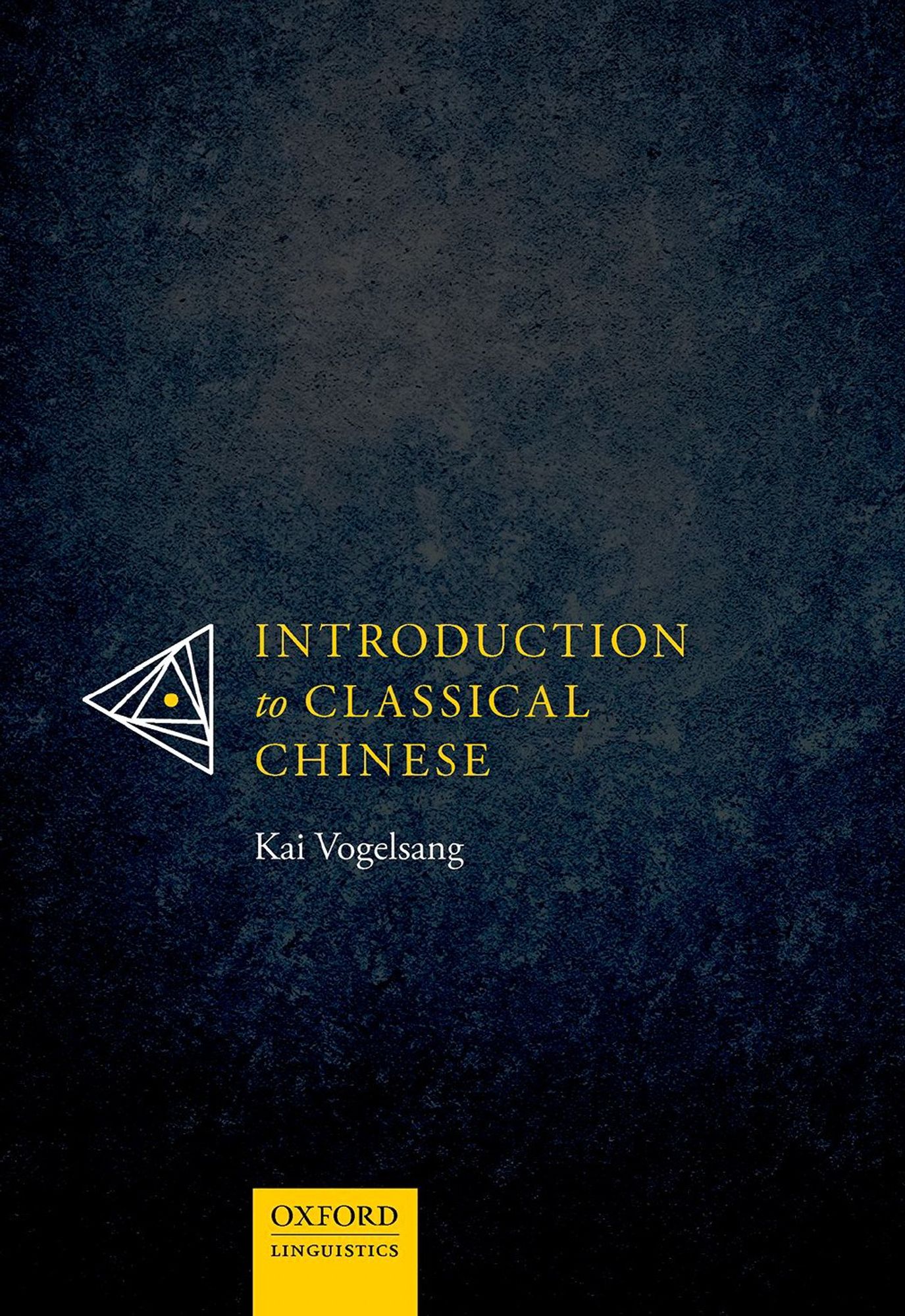
This passage (along with most of the sutra fo 42 chapters) was absorbed into the compilation of daoist revelations called the Zhen'gao (from Bokenkamp's A Fourth-Century Daoist Family, pg 161) This is not entirely incongruous. in other parts of the zhen'gao, the daoist gods repeatedly...
The AAS election portal opened today. If you're part of it, consider voting for me.
Professional friends: I’m running for a seat on the East and Inner Asia Council of the AAS (Association for Asian Studies). If you’re a member, consider voting for me. I think I’m the only philologist on the ballot. Candidate statement in next post. www.asianstudies.org/aas-2024-ele...
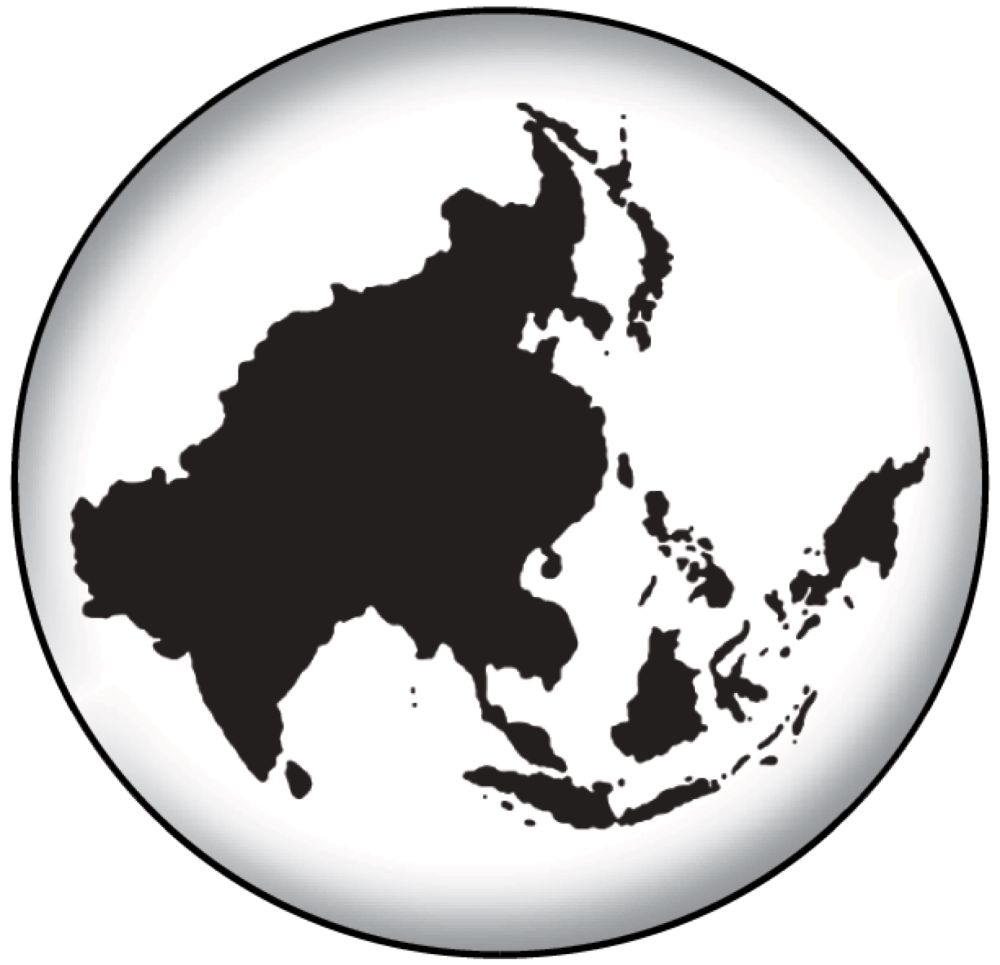
We are pleased to announce the slate of candidates for the fall 2024 AAS elections. The online ballot will open on September 17, and all current AAS Members will receive an email with instructions for...
The Buddha was not a family man. (from the Scripture in Forty-two Sections 四十二章經, ca. 1st–2nd cent CE, trans. Sharf)
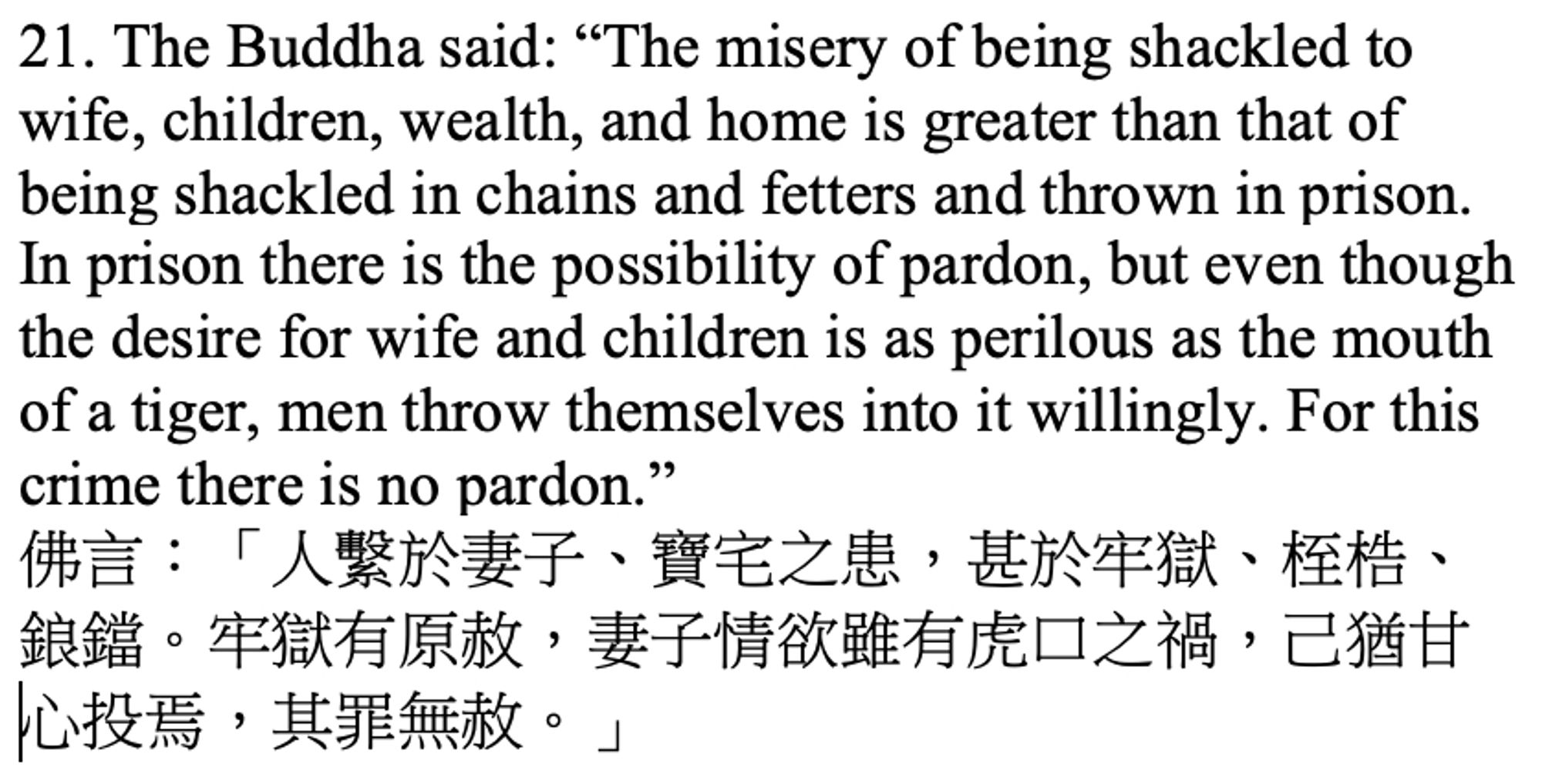
Excited to announce that my university is doing a TT hire at the assistant level this year in Late Imperial China! Please spread the word. careers.insidehighered.com/job/3224146/...
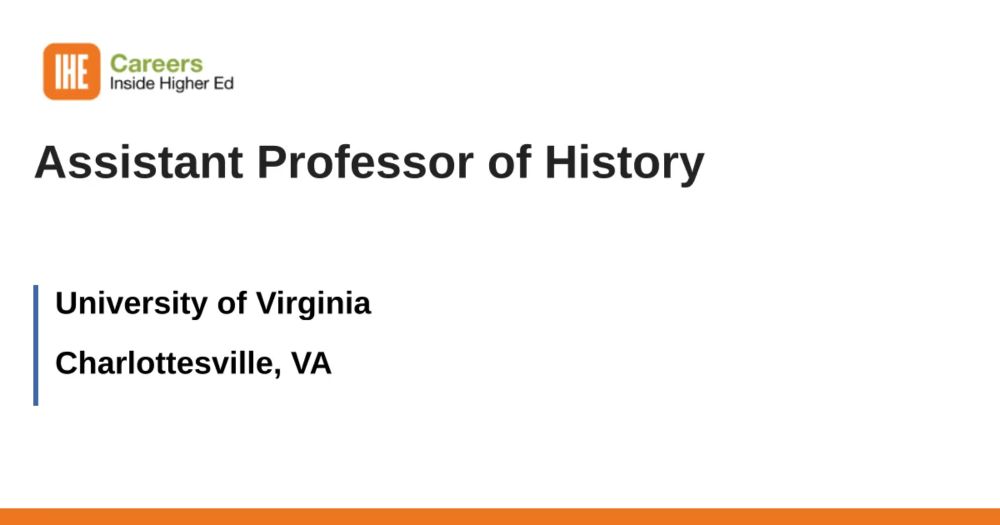
DescriptionThe University of Virginia’s Corcoran Department of History invites applications for a tenure-track position, at the Assistant Professor ra
